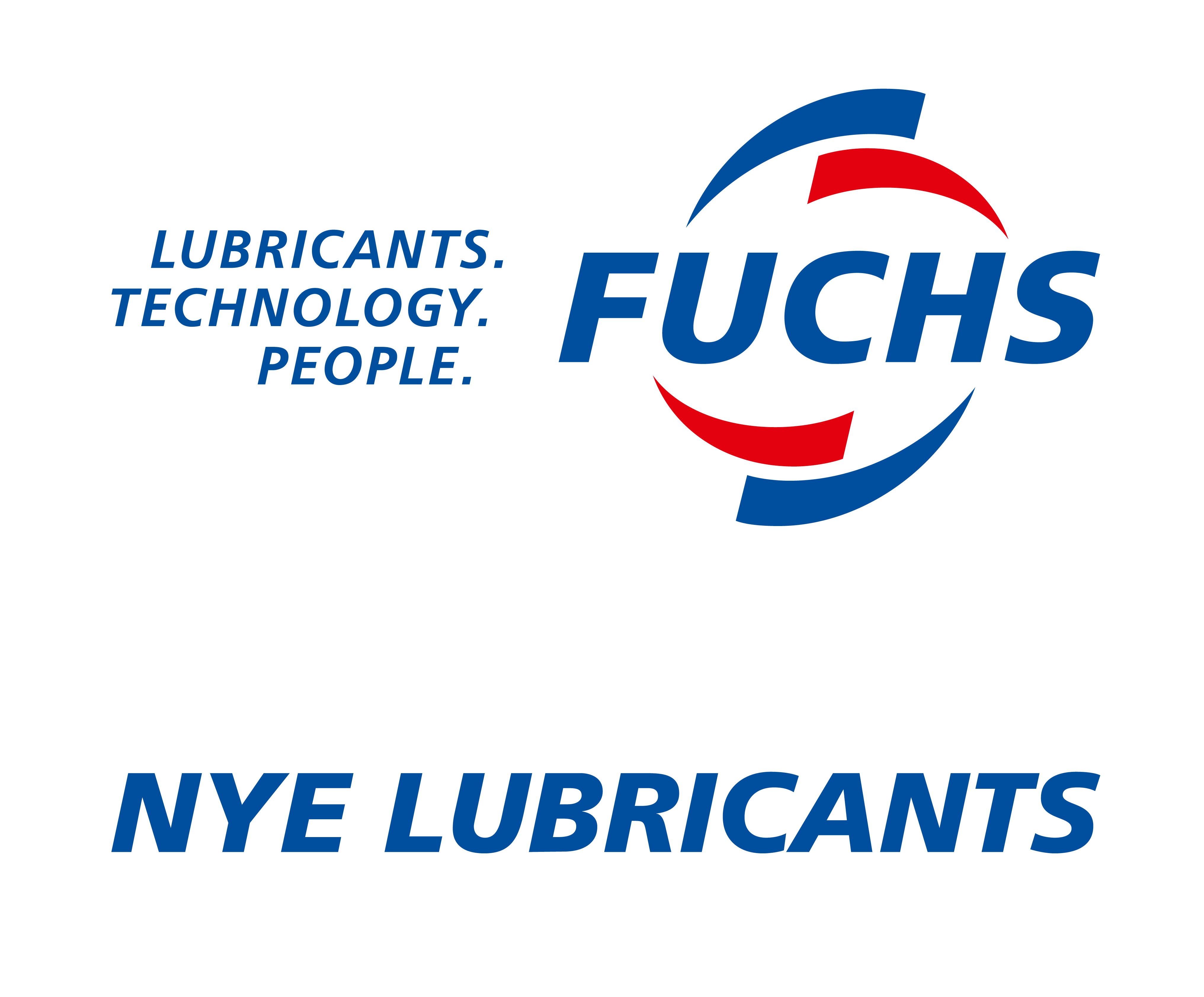Choosing the Right Grease Thickening System: Non-Soap Thickeners
There are several non-soap thickeners that have been developed over the years and are utilized in applications depending upon the operating conditions the grease will experience and the materials with which they will be in contact. Some thickeners need to be non-melting and withstand temperature significantly hotter than what traditional soap greases can handle. Others need to be inert due to material compatibility, or they may be in aggressive environments where they are exposed to corrosive or acidic environments.

Non-soaps are split into two main categories. The first group is comprised of thickeners that undergo a chemical reaction to form the thickener, such as calcium sulfonates and polyureas. The second group is a dispersion of particles in oil that includes silica, organo-clays, polytetrafluoroethylene (PTFE’s), and carbon black.
Polyurea greases are generally considered to be high performance greases as they perform well in high temperature, continuous use bearing applications. One of the key properties of polyurea thickened greases is their excellent anti-oxidant capability. Polyurea greases are also characterized by dropping points in excess of 250 °C and low oil separation as measured by ASTM D6184. Typical applications for polyurea greases are precision ball-bearings and electric motor bearings.
Calcium sulfonate greases are characterized by their unique inherent properties. Most other thickeners do not bring any tribological performance to the grease, but calcium sulfonate thickeners provide good anti-wear, extreme pressure and corrosion resistance. The water resistance for water spray off tests per ASTM D-4049 depends on the base oils used and is generally considered fair, but can be improved by incorporating polymers into the grease. However, when testing calcium sulfonate greases on the water washout test per ASTM D-1264, they have very good resistance to water. They also possess good thermal stability and have dropping points above 350°C. Calcium sulfonate greases have been used successfully in a broad range of applications such as rolling equipment, pulp and paper industries, mining and construction, automotive, and the marine industry.
Silica greases resemble an aero gel which will yield excellent heat resistance and oxidative stability as the thickener is non-melting and therefore when tested for dropping point, do not give a value. The upper operating temperature of a silica grease is determined by the base oil with which it is paired. Silica inherently has poor water resistance. However, it can be treated with various silanes to make it water resistant which is important for electrical connector and damping applications. Silica is also a very efficient thickener as it has a large surface area.
Organo-clay greases are smooth textured greases based on either bentonite, hectorite, or montmorillonite. They have outstanding heat resistance, since the thickener will not melt, and when tested for dropping point, do not give a value. They have good oxidative stability and are usable at least up to the temperature that the constituent oil evaporates. These greases also have excellent water resistance. Clay greases do have fair shear stability and tend to soften quite a bit when worked.
PTFE greases are generally considered to be high temperature greases that have good thermal stability, water resistance, shear stability, and lubricity. PTFE greases typically have dropping points over 260°C. PTFE is typically used to thicken PFPE base oils which result in greases that can have low outgassing properties which make them ideal candidates in aerospace and semi-con applications. Another advantage to PTFE/PFPE greases is that they have excellent material compatibility with plastics and elastomers. A drawback to PTFE is that it is an inefficient thickener and typically can require up to 50% thickener depending upon the stiffness of the resulting grease. PTFE can also be used to thicken other base oil chemistries such as PAOs and silicones which are used in automotive and damping applications. Per- and polyfluorinated alkylated substances (PFAS) are found in PTFE thickeners and additives. For more information regarding the efforts we are making to comply with PFAS regulations, please contact one of our experts.
There are a few carbon blacks that have decent thickening efficiency and are employed to produce electrically conductive greases. The resulting greases are high-temperature products that are used in bearings to allow static discharge to pass through the bearing instead of building up, arcing, and causing damage to the rolling element. These greases have good thermal stability but have surprisingly poor water resistance. Typical applications for these greases have been in treadmills, laser printers, copiers, and computer equipment.
The chart below summarizes the key characteristics of each thickener we have discussed. In addition, you'll find a list of applications where these thickeners have been successful.
The chart below summarizes the key characteristics of each thickener we have discussed. In addition, you'll find a list of applications where these thickeners have been successful.
| Thickener | Key Characteristics | Applications |
|---|---|---|
| Polyurea | performs in high temperatures, low oil separation | precision ball-bearings and electric motor bearings |
| Calcium Sulfonate | good anti-wear, extreme pressure and corrosion resistance, good thermal stability | rolling equipment, pulp and paper, mining and construction, automotive, and marine |
| Standard Silica | excellent heat resistance and oxidative stability, large surface area | electrical connector and damping |
| Organo-Clay | outstanding heat resistance, good oxidative stability, excellent water resistance, fair shear stability | military/aviation, industrial equipment, low speed bearings operating at high temperatures |
| Polytetrafluoroethylene (PTFE) | good thermal stability, water resistance, shear stability, and lubricity, excellent material compatibility with plastics and elastomers | automotive and damping |
| Carbon Blacks | good thermal stability, performs in high-temperature | treadmills, laser printers, copiers, and computer equipment |


